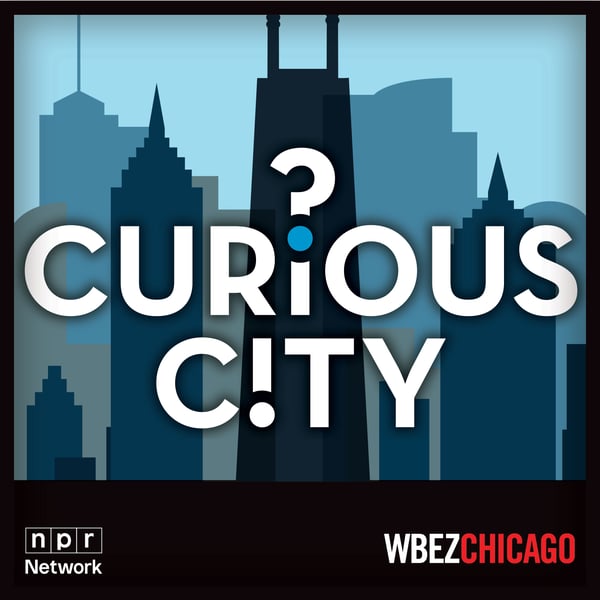How sweet the sound: The history of Evanston folk coffeehouse Amazingrace
Curious City
WBEZ Chicago
4.8 • 642 Ratings
🗓️ 17 April 2025
⏱️ 13 minutes
🧾️ Download transcript
Summary
Transcript
Click on a timestamp to play from that location
| 0:00.0 | If you're already a WBEZ member, thank you. |
| 0:04.0 | Right now, you have the power to do even more. |
| 0:07.0 | If every high fidelity member increase their monthly gift by just $3 or more, |
| 0:11.0 | together we could fully replace the $3 million in federal funding that's currently at risk. |
| 0:17.0 | Your increased support will help offset that potential loss and keep this people-powered newsroom thriving for years. |
| 0:23.5 | Start or increase your monthly gift by $3 today at WBEZ.org slash donate. |
| 0:32.1 | What's up, Chicago? I'm Erin Allen, and this is Curia City. |
| 0:37.4 | I love a good third space. |
| 0:39.3 | You know, a place you can visit that's not your home, that's not your job or school, |
| 0:44.3 | but a place where you can connect with your community, your people. |
| 0:48.3 | And depending on your age or your lifestyle, it's a plus if it doesn't revolve around drinking alcohol. |
| 0:57.0 | These kinds of places were the go-to in and around Chicago back in the 1950s, 60s, and 70s. |
| 1:05.0 | Last episode, we heard about a couple of them. Coffee houses like, It's here and no exit. These were places where |
| 1:12.0 | Chicagoans could listen to music and connect with each other, and because they weren't |
| 1:16.4 | centered around drinking, young people could join them too. Today we're bringing |
| 1:22.8 | you a conversation I had last year at the Evanston Folk Festival about another beloved third space that has also sadly come and gone. |
| 1:31.4 | Hello, everybody. My name is Erin Allen. Welcome, welcome, welcome. We're here to talk about Amazing Grace. |
| 1:42.0 | Amazing Grace was a music venue and artist community. |
| 1:46.0 | Throughout the 1970s, this place was so special because it was both countercultural and popular. |
| 1:52.0 | For those two, two and a half years at the main, this was the best music venue of any kind in the Midwest, possibly the country. |
| 2:02.6 | That's the voice of Neil Tesser, a Grammy award-winning journalist who covered performances at Amazing Grace. |
| 2:09.6 | Also joining me on stage was Corkie Siegel, a pioneer in chamber blues, and a member of the Siegel Schwall band. |
... |
Please login to see the full transcript.
Disclaimer: The podcast and artwork embedded on this page are from WBEZ Chicago, and are the property of its owner and not affiliated with or endorsed by Tapesearch.
Generated transcripts are the property of WBEZ Chicago and are distributed freely under the Fair Use doctrine. Transcripts generated by Tapesearch are not guaranteed to be accurate.
Copyright © Tapesearch 2025.

